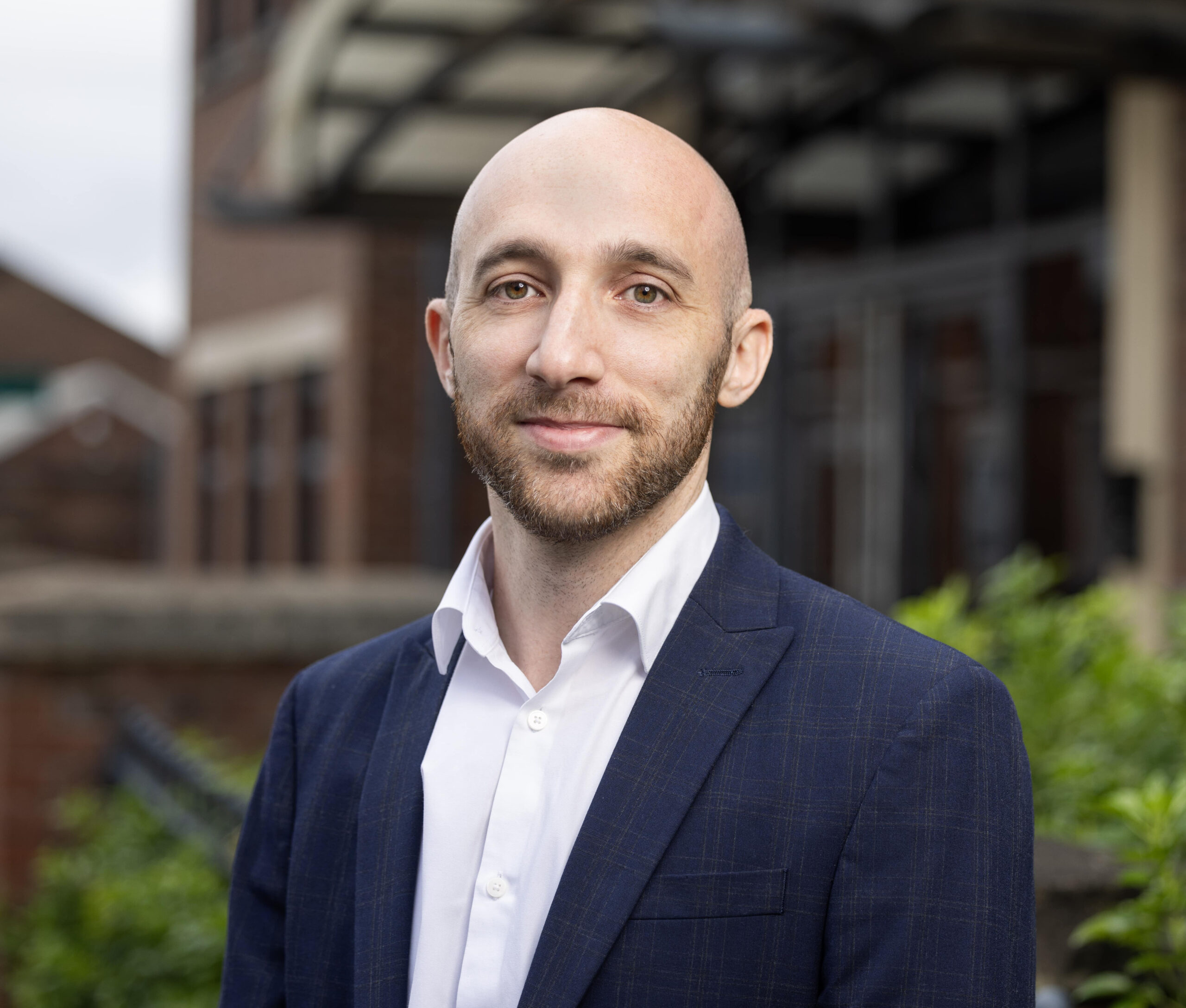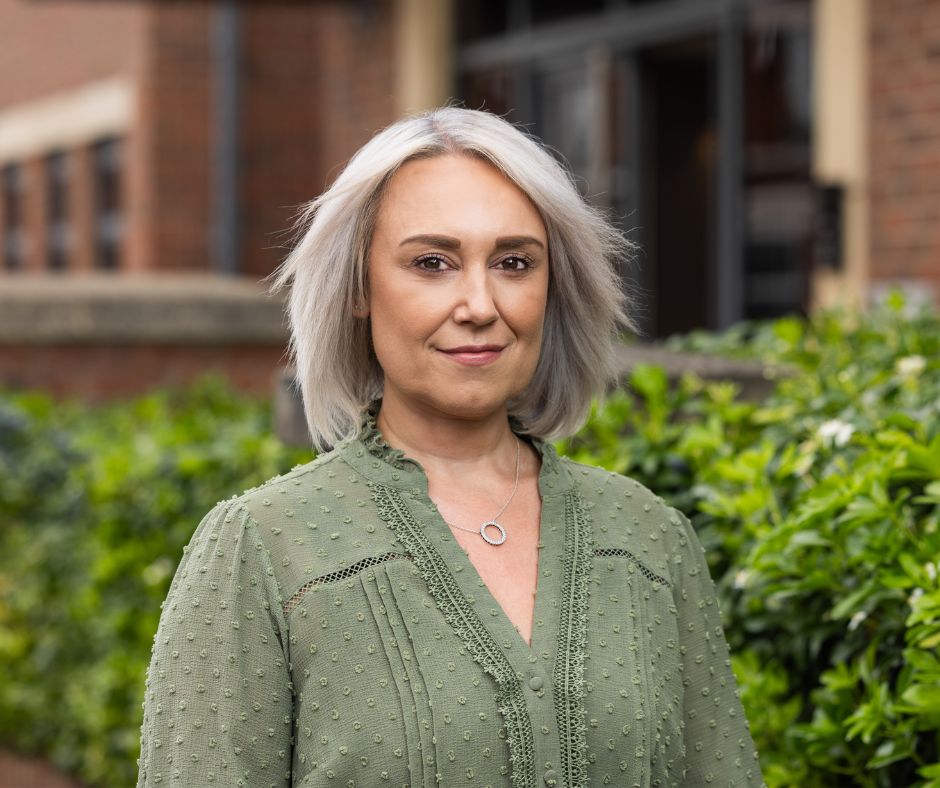A Power of Attorney is something that you should think about when planning for your future and could be created at the same time as you make a Will. Our specialist elderly, care and mental capacity solicitors can help decide if this is right for you.
The sorts of decisions a Power of Attorney allows someone else to make on your behalf could include:
- Financial and business transactions
- Buying life insurance
- Managing business interests
- Making limited gifts
- Employing professional help
- Choosing a care home
- Medical decisions
There are various types of Power of Attorney. A Lasting Power of Attorney which can be for either financial decisions or health and care decisions; or an Enduring Power of Attorney which although can no longer be made, do still exist where people have made them before 2007.
There are two types of Lasting Power of Attorney, one covers property and financial affairs, the second covers health and welfare decisions. Both are vital to have if you want to ensure that you have control over who might be able to make decisions for you and about you.
You need to be over the age of 18 to make a Lasting Power of Attorney and you must have mental capacity (that is the ability to understand the Lasting Power of Attorney and its effects and implications). There are safeguards built into the process of making a Lasting Power of Attorney to ensure that you are not being unduly influenced or coerced when making it.
You can appoint one or more attorneys, but they must also be over the age of 18 and not bankrupt. The major consideration though is that you trust them. You are giving them a great responsibility and you must be absolutely sure that they are the right person for the job.
A Lasting Power of Attorney has to be registered at the Office of the Public Guardian (OPG) before it is a valid document. Again this is there as a safeguard as the Office of the Public Guardian then have a duty to supervise attorneys. They can also be a very good source of guidance for your attorneys. Another good source of guidance is the Mental Capacity Act Code of Practice.
Our team of lawyers who specialise in Lasting Powers of Attorney can help you decide what is best for your individual circumstances.
A Power of Attorney is something that you should think about when planning for your future and could be created at the same time as you make a Will. Our specialist elderly, care and mental capacity solicitors can help decide if this is right for you.
The sorts of decisions a Power of Attorney allows someone else to make on your behalf could include:
- Financial and business transactions
- Buying life insurance
- Managing business interests
- Making limited gifts
- Employing professional help
- Choosing a care home
- Medical decisions
There are various types of Power of Attorney. A Lasting Power of Attorney which can be for either financial decisions or health and care decisions; or an Enduring Power of Attorney which although can no longer be made, do still exist where people have made them before 2007.
There are two types of Lasting Power of Attorney, one covers property and financial affairs, the second covers health and welfare decisions. Both are vital to have if you want to ensure that you have control over who might be able to make decisions for you and about you.
You need to be over the age of 18 to make a Lasting Power of Attorney and you must have mental capacity (that is the ability to understand the Lasting Power of Attorney and its effects and implications). There are safeguards built into the process of making a Lasting Power of Attorney to ensure that you are not being unduly influenced or coerced when making it.
You can appoint one or more attorneys, but they must also be over the age of 18 and not bankrupt. The major consideration though is that you trust them. You are giving them a great responsibility and you must be absolutely sure that they are the right person for the job.
A Lasting Power of Attorney has to be registered at the Office of the Public Guardian (OPG) before it is a valid document. Again this is there as a safeguard as the Office of the Public Guardian then have a duty to supervise attorneys. They can also be a very good source of guidance for your attorneys. Another good source of guidance is the Mental Capacity Act Code of Practice.
Our team of lawyers who specialise in Lasting Powers of Attorney can help you decide what is best for your individual circumstances.
















